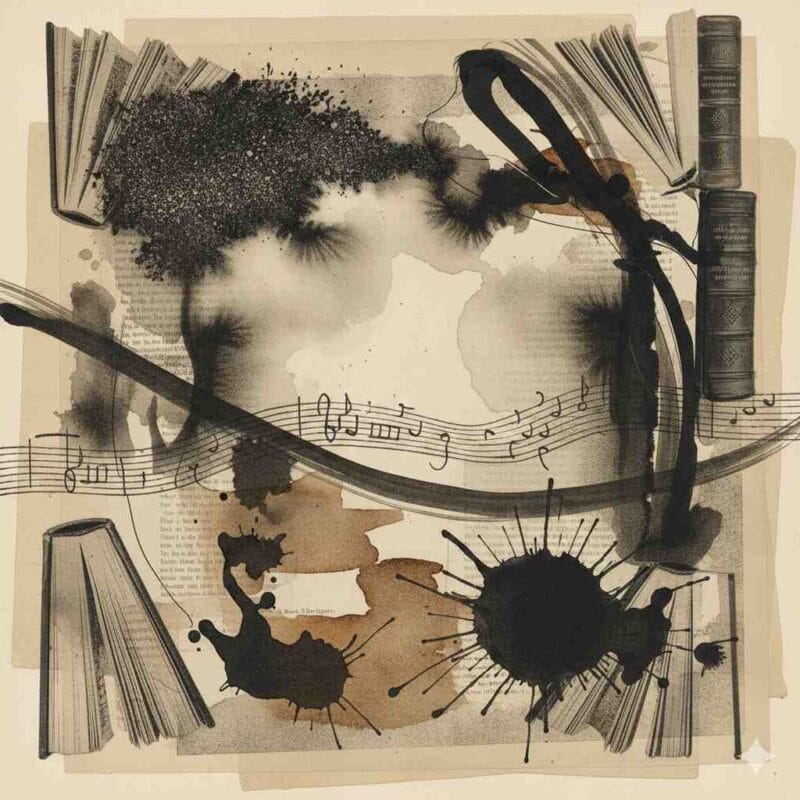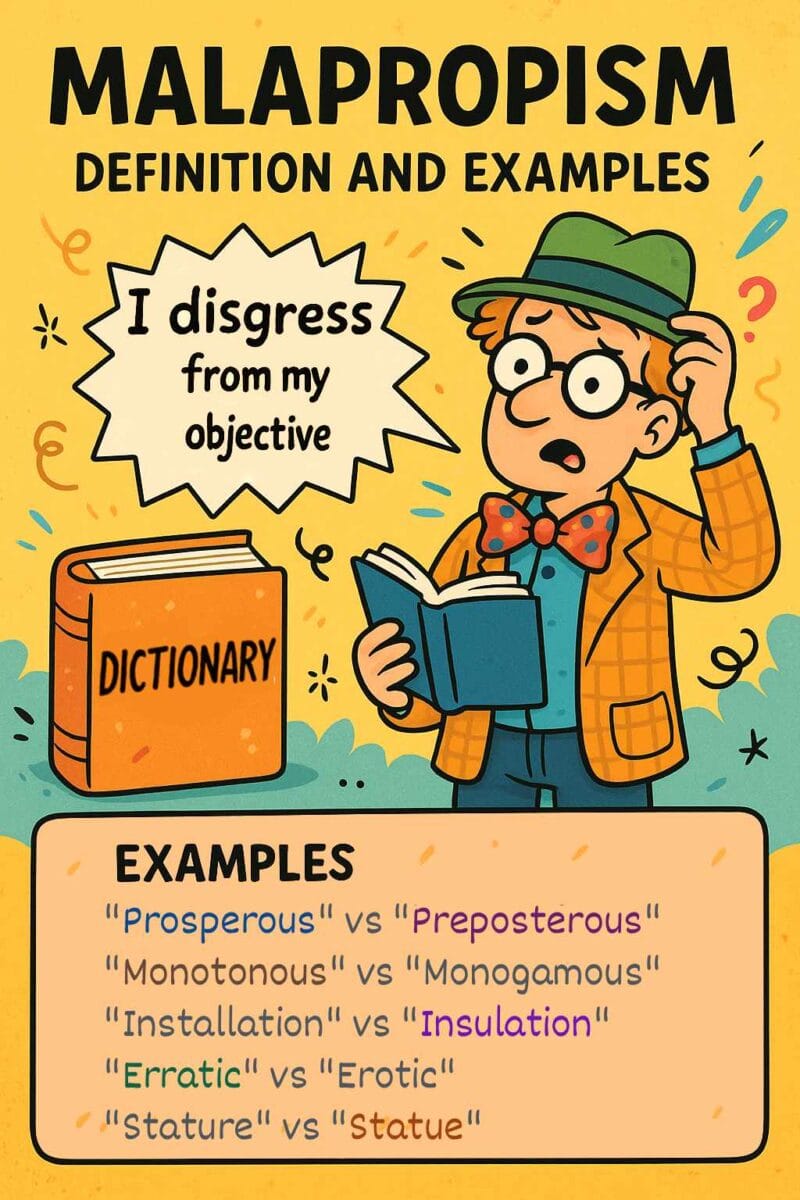Known for his raw and unfiltered style, Charles Bukowski frequently explored the complexities and hypocrisies he perceived in people and society. His work often champions the outsider, be it the flawed artist saving his best for the page or the societal reject brimming with desperate energy, while casting a critical eye on mainstream conformity and the fleeting distractions people chase for solace.
This article explores three potent quotes that reveal Bukowski’s challenging perspectives on artistic sacrifice, the magnetism of the unconventional, and the absurdity he perceived in humanity’s search for purpose.
The Artist’s Sacrifice and Legacy
great writers are indecent people
they live unfairly
saving the best part for paper.
good human beings save the world
so that bastards like me can keep creating art,
becoming immortal.
if you read this after I am long dead
it means I made it.
This passage partially comes from the poem “the creation coffin,” found within the collection The People Look Like Flowers at Last, which was published posthumously in 2007. The poem presents a justification for Bukowski’s way of living and writing. It speaks directly to future audiences, asserting a belief in the lasting power of his work when compared to conventional goodness or social contribution.
The poem employs Bukowski’s typical direct, unembellished language, arranged in free verse with short lines and run-on phrasing (enjambment), often omitting capitalization for an informal effect. The tone mixes cynicism with defiance and a clear self-awareness, touching on boastfulness when mentioning immortality. It feels like a confession but also a defense.
Central ideas revolve around the conflict between artistic creation and conventional living. It suggests that being a significant writer might require a certain “indecency,” a life lived “unfairly,” because the creator saves their prime substance for the page. This argument sets up a contrast: the artist secures a lasting place through their work, while “good human beings” maintain the world, enabling flawed creators (“bastards like me”) to make art and achieve permanence. The poem explicitly claims immortality through writing, confirmed if someone encounters the text long after the author’s passing.
Key devices include the stark contrast drawn between “great writers” and “good human beings” and between a flawed existence and enduring art. The closing lines directly address a future audience, making the claim for lasting relevance feel personal. An ironic situation is presented where supposedly lesser individuals (“bastards”) depend on the virtuous (“good human beings”) to create immortal work. The language remains blunt (“indecent people,” “bastards”), avoiding softer terms.
Structurally, the poem moves from a general statement to a personal declaration of legacy, its simple form matching its direct message. Its overall effect is provocative, questioning romantic views of artists and linking creation to personal failing. It bolsters the Bukowski mythos (the rough-edged outsider whose written honesty outlasts him), offering a stark view of artistic legacy.
An Outsider’s Manifesto
Like anybody can tell you, I am not a very nice man. I don’t know the word. I have always admired the villain, the outlaw, the son of a bitch. I don’t like the clean-shaven boy with the necktie and the good job. I like desperate men, men with broken teeth and broken minds and broken ways. They interest me. They are full of surprises and explosions. I also like vile women, drunk cursing bitches with loose stockings and sloppy mascara faces. I’m more interested in perverts than saints. I can relax with bums because I am a bum. I don’t like laws, morals, religions, rules. I don’t like to be shaped by society.
Attributing this well-known Bukowski passage precisely can be challenging with readily searchable online information, as different sources offer conflicting origins. However, some currently accessible references, including specific online archives and reader discussions, suggest it originates from the story “Guts” within the collection South of No North (1973). Regardless of its exact initial placement, this passage functions as a clear manifesto for Bukowski’s literary territory and personal philosophy. It sets the stage for much of his work by aligning the author with society’s fringe elements and rejecting mainstream values, establishing his “dirty old man” image.
The style is confrontational and conversational, using plain, sometimes coarse speech (“son of a bitch,” “bitches,” “bums”). Sentences are direct, stating preferences clearly. The tone is unapologetic and defiant, showing pride in an outsider status and disdain for conformity. Presented as prose, it uses strong statements and enumerations. Its main point is a forceful rejection of established structures (“clean-shaven boy,” “good job,” laws, morals, religions).
Bukowski declares admiration for and kinship with the marginalized—the “villain,” the “outlaw,” the “desperate,” the “broken,” the “bums.” He perceives authenticity and energy (“surprises and explosions”) in those cast off by polite society, contrasting their perceived genuineness with the dullness or falsity of the mainstream. It’s a frank self-portrayal (“I am not a very nice man”) and a statement of his worldview.
Techniques include enumeration to classify those he favors and dislikes, creating rhythm and emphasizing his stance. Sharp contrasts are drawn between figures like the “villain” and the “clean-shaven boy,” or “perverts” and “saints.” Vivid, unpolished descriptions (“broken teeth,” “loose stockings,” “sloppy mascara faces”) create strong pictures. The repeated “I” underscores the personal, subjective viewpoint, making it a forceful declaration.
The passage builds from self-description to a broad dismissal of societal influence, forming a clear argument for his perspective. This text is foundational to the Bukowski persona, designed perhaps to repel conventional sensibilities while attracting those drawn to rebellion. It outlines the subjects of much of his writing: the down-and-out, working-class struggles, and defiance of hypocrisy. It speaks powerfully to those feeling alienated, giving voice to imperfection and non-conformity.
The Catalog of Futile Distractions
Nothing was ever in tune. People just blindly grabbed at whatever there was: communism, health foods, zen, surfing, ballet, hypnotism, group encounters, orgies, biking, herbs, Catholicism, weight-lifting, travel, withdrawal, vegetarianism, India, painting, writing, sculpting, composing, conducting, backpacking, yoga, copulating, gambling, drinking, hanging around, frozen yogurt, Beethoven, Bach, Buddha, Christ, TM, H, carrot juice, suicide, handmade suits, jet travel, New York City, and then it all evaporated and fell apart. People had to find things to do while waiting to die. I guess it was nice to have a choice.
To be found in Bukowski’s 1978 novel Women, this passage offers reflections from the narrator, Henry Chinaski (Bukowski’s frequent stand-in). Chinaski observes the chaotic, seemingly pointless activities people pursue. It conveys a deep cynicism about finding anything truly harmonious or lasting in life’s endeavors, viewing them largely as ways to pass time before death. The novel itself details Chinaski’s messy relationships and his life as a writer gaining notice. The style uses simple language, deriving its impact from a long, relentless list. The tone is world-weary, cynical, detached, yet darkly humorous, revealing a profound sense of disillusionment.
Written in prose, it features one extremely long sentence containing the list. Key ideas touch upon the apparent absurdity of existence and the struggle for purpose when “Nothing was ever in tune.” It catalogs the vast array of trends, beliefs, and activities people “blindly grabbed” (from ideologies and arts to spiritual practices and health fads), suggesting a desperate search for meaning or distraction. It stresses the fleeting quality of these pursuits (“it all evaporated and fell apart”). All this activity is framed as merely filling the time “while waiting to die.” There’s an implied critique of a culture where diverse, sometimes profound, undertakings are treated as interchangeable options.
The dominant literary device is the extensive list (cataloging). This exhaustive, almost random enumeration of disparate items creates an overwhelming sensation, mirroring the frantic search it depicts. By placing communism next to health foods, or Bach next to frozen yogurt, it levels vastly different pursuits, suggesting they all serve a similar function as temporary fixes. The statement “Nothing was ever in tune” acts as a sweeping, generalized thesis. “Blindly grabbed” functions as a metaphor for undirected desperation, while “evaporated and fell apart” highlights perceived lack of substance. The final sentence, “I guess it was nice to have a choice,” delivers a significant dose of irony through understatement, starkly contrasting the bleak inventory with a detached comment.
Structurally, the passage builds its argument around this central list, bookended by a nihilistic opening and darkly philosophical closing remarks. This text presents a potent, if extremely cynical, view of life, capturing feelings of being adrift in a sea of ultimately empty choices. The list itself is both funny and sad, pointing to the absurdity in the quest for purpose. The concluding line leaves a lingering feeling of existential unease mixed with grim amusement.
Further Reading
The Transgressive Thrills of Charles Bukowski by Adam Kirsch, The New Yorker
“Don’t Try”: The Philosophy of the Hardworking Charles Bukowski by Colin Marshall, Open Culture
Charles Bukowski – Poems by the Famous Poet by All Poetry
Bukowski is completely overrated. on Reddit




